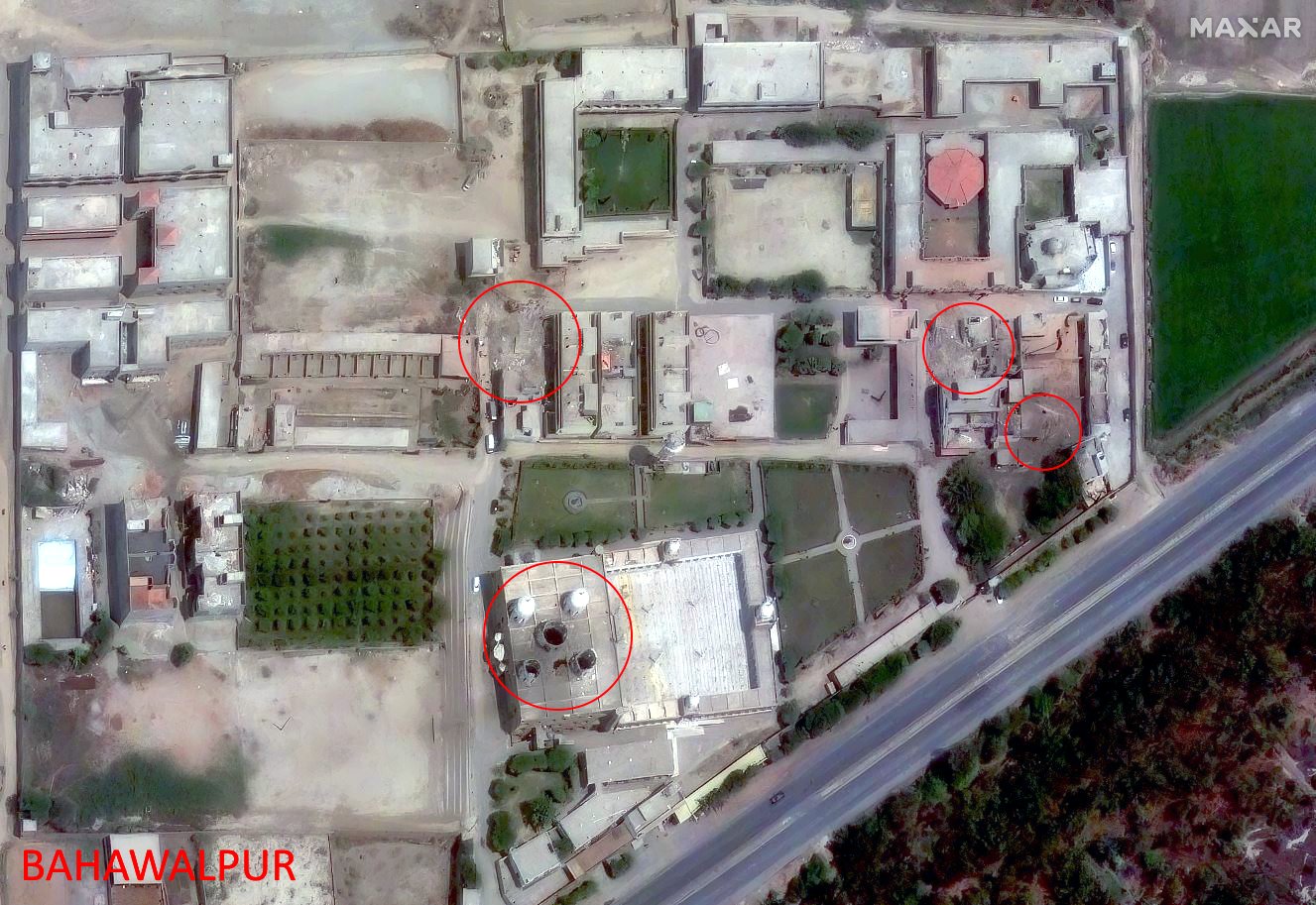Dear reader, With thousands of Indian students stuck in Ukraine, the Russian invasion is no more somebody else's war. New Delhi has so far refused to condemn the invasion or vote against Moscow at the UN, which is seen in many Western capitals as leaning in favour of Russia. However, if Russia fails to ensure speedy evacuation of the students from Ukrainian cities close to its borders, the domestic opinion may force India to rethink its position. India has explained that its foreign policy is dictated by national interest. Safety of Indian nationals, especially students, is a national priority. Any harm to them could make Delhi change its stance. In our editorial ('The Abstention', February 28), we said: "The Ukraine crisis is developing by the minute, and Delhi will need to review its position accordingly." The Express editorials later in the week ('The N-word', March 4; 'After the arrival', March 4; 'Safe passage', March 3; 'New Berlin', March 1), looked at the ominous signs from the war zone. The killing of Naveen SG, a fourth year MBBS student at Kharkiv National Medical University, in shelling, and the plight of Indian students, who have had to walk long distances to reach Poland, Romania etc have raised the question? if Delhi was slow in figuring out the seriousness of the crisis. Many commentaries on the war on our pages recognised the realpolitik that has influenced India's nuanced stance. However, Putin's story on the invasion had no takers. Former foreign secretary Shyam Saran ('What Russia stands to lose', February 28) wrote that the Indian statement explaining its vote of abstention on a UN Security Council resolution came "fairly close to criticising Russia's resort to arms". "There is an implicit criticism of Russia in the expression of 'regret that the path of diplomacy was given up'". Saran wrote that "Putin may still win the war but he may be losing the plot." Amitabh Mattoo and Amrita Narlikar ('Failed by the West', March 1) argued that while there was no excuse for Russia's invasion, "the West has had a direct hand in contributing to the existential crisis that Ukraine faces today". They listed seven reasons why the West ought to take the blame for allowing tensions between Moscow and Kyiv to develop into a full-fledged war. Mattoo and Narlikar also wrote that "as strong supporters of liberal values, we are disappointed to see India not standing up with Ukraine". Ashok Gulati ('So that the war doesn't hit us', February 28), C Raja Mohan ('United against a strongman', March 1), Huricihan Islamoglu ('Holes in the sanctions net', March 2), Arjun Subramaniam ('The gathering storm', March 3) and Sarjan Shah ('A disturbing new world', March 4) also wrote on the impact of the Russian invasion on India as well as the world. Anjal Prakash ('The heat is on', March 2) and Menaka Guruswamy ('Climate of denial', March 5) flagged the new IPCC report on climate change, which has dire predictions for billions of people. Prakash, the lead author of the chapter on cities, wrote that "better adaptation policies could lead to a safer and more sustainable future". Guruswamy wrote that "fighting climate change requires fiscal expenditure and policy changes fuelled by political will, which will reap results in a decade or so. That is two election cycles too many for our politicians. Therefore, the primary electoral issues will continue to revolve around temples and mosques, dress codes and prohibited foods. Issues that presume we will continue to live as we do, ignoring the obvious question: Will we survive?" The 20th anniversary of the Gujarat riots was observed last week. Christophe Jaffrelot ('Remembering Ehsan Jafri', March 1) wrote about the riots and the progressive political tradition that Ehsan Jafri, freedom fighter, trade union leader, cultural figure, and former Congress MP from Ahmedabad, who was killed by a mob on the first day of the riots, represented. In Gulbarg Society, 69 people were killed, including Jafri, his three brothers and two nephews. Jaffrelot wrote: "It is important to remember Ehsan Jafri today, 20 years after his death, not only because the events of 2002 are fading away, lost to history, but also because his personal commitment was part of a Gujarati political tradition that is also being forgotten. Jafri was one of the last incarnations of the Congress school of thought that Indulal Yagnik had created in the 1920s. Yagnik felt for the poor. He shared this inclination with Mahatma Gandhi, who became his mentor in Ahmedabad in the early 1920s. But he was isolated, as the Gujarat Congress was gradually captured by Hindu traditionalists, including Sardar Patel, K M Munshi, Gulzarilal Nanda and Morarji Desai." Spin wizard and one of the most charismatic cricketers ever, Shane Warne, passed away aged 52 last week. His popularity transcended the Australian teams and grounds and the outpouring of grief, not just from players but also fans from across the world, is an indication of the love and respect he had earned. Thank you, Amrith | 
No comments:
Post a Comment